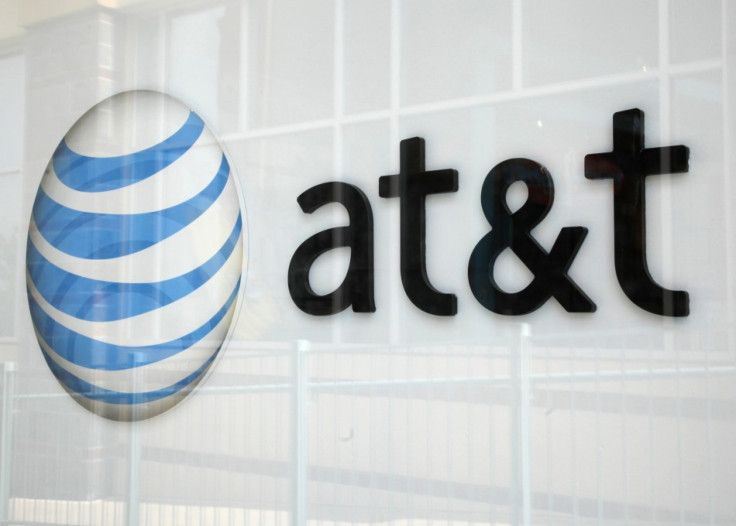AT&T FaceTime Restrictions Draw Flak From Public Interest Group But Barely Skirt Norms

AT&T announced August 17 that it will limit FaceTime over 3G and 4G network to iPhone subscribers who sign up for the carrier's upcoming mobile share plans that will be launched in late August, Apple Insider reported. However, the new plans seem to have irked interest group Public Knowledge that argued the company was "violating the FCC's Open Internet rules," The Verge reported.
In a press release issued August 17, John Bergmayer, Senior Staff Attorney, Public Interest Group, stated:
"By blocking FaceTime for many of its customers, AT&T is violating the FCC's Open Internet rules. These rules state that mobile providers shall not 'block applications that compete with the provider's voice or video telephony services.' Although carriers are permitted to engage in 'reasonable network management,' there is no technical reason why one data plan should be able to access FaceTime, and another not.
"'Over-the-top' communications services like FaceTime are a threat to carriers' revenue, but they should respond by competing with these services and not by engaging in discriminatory behavior."
However, the Open Internet rules that Public Knowledge is referring to are geared toward landlines and the rule referred in the press release is the only one that applies to mobile, The Verge pointed out.
And FaceTime does not compete with carrier's voice or video telephony services. AT&T does not offer a native video calling service so calling it a voice calling competitor is a hard sell, The Verge continued, adding: "At least as long as Apple doesn't turn FaceTime into a full-on Skype foil."
In the current scheme of FCC rules, Public Knowledge's well-intentioned argument may not hold up against AT&T.
© Copyright IBTimes 2024. All rights reserved.











